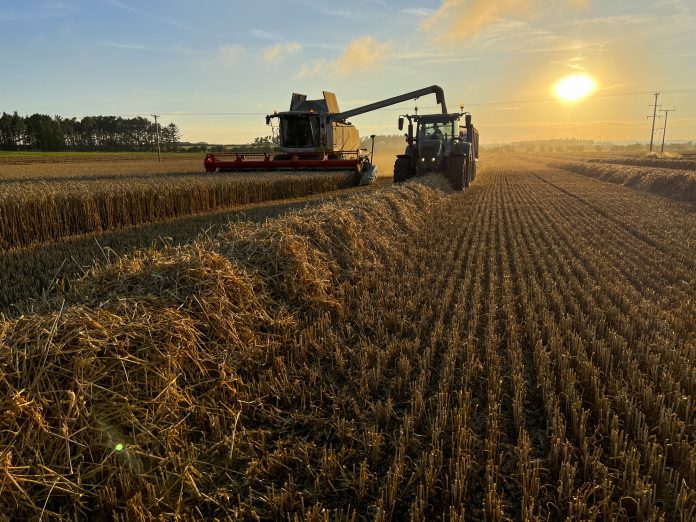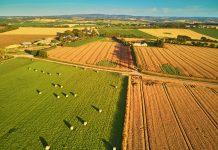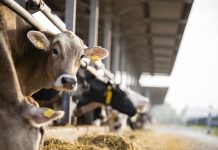Five research projects focusing on transforming land use and agricultural practices have received a total of £14.5 million in funding from UK Research and Innovation (UKRI) and government partners
This investment is part of phase two of the Transforming Land Use for Net Zero, Nature and People programme, designed to support the UK’s efforts to achieve net zero emissions by 2050.
The funding will support groundbreaking research aimed at revolutionising how the UK manages its land, from agricultural practices to soil health.
With climate change as a continued challenge, these projects will focus on ways to decarbonise land use while still meeting the nation’s needs for food production and biodiversity restoration.
Tackling greenhouse gas emissions in UK agriculture
One of the leading projects, The ‘To Zero Fifty’ Greenhouse Gas Accounting Living Lab, is led by Professor Julie Ingram at the University of Gloucestershire.
It hopes to develop a scalable system for tracking greenhouse gas emissions in UK agriculture. The goal is to create a framework that can help farmers, policymakers, and food producers meet net-zero targets by providing better tools for assessing emissions and testing ways to reduce them.
Another key project, JUSTLANZ (Just Transformation of Food-Farming Systems), led by Dr Richard Bradbury at the Royal Society for the Protection of Birds, will explore how to balance the demands of food production, biodiversity restoration, and climate action. Through community-led land use models, the project aims to identify fair and effective strategies for land management that address both environmental and social needs.
Other projects include Open Evaluation of Climate-Resilient Interventions led by Professor Rachel Warren at the University of East Anglia, which will develop new tools to assess and monitor soil health and carbon sequestration.
A greener future
Grassland Resilience for Net Zero aims to optimise grassland management through sustainable practices such as low-carbon forages and agroforestry, potentially saving the UK over £1.6 billion annually.
Finally, RESPECT (Rapid Engagement with Stressed Peatland Environments), led by Professor Jill Robbie at the University of Glasgow, will focus on restoring damaged peatlands, which play a crucial role in carbon storage and biodiversity.
These projects will work alongside the recently established LUNZ Hub, a £6.25 million initiative that will provide important evidence to policymakers and industry leaders on how to transform land use for a greener future.
Professor Anne Ferguson-Smith from UKRI emphasised the importance of these projects, stating that the collective commitment across the UK to address climate change through innovative research is vital for meeting the nation’s net zero goals.
With this funding boost, these research projects are set to play a key role in shaping a sustainable and climate-resilient future for the UK.











